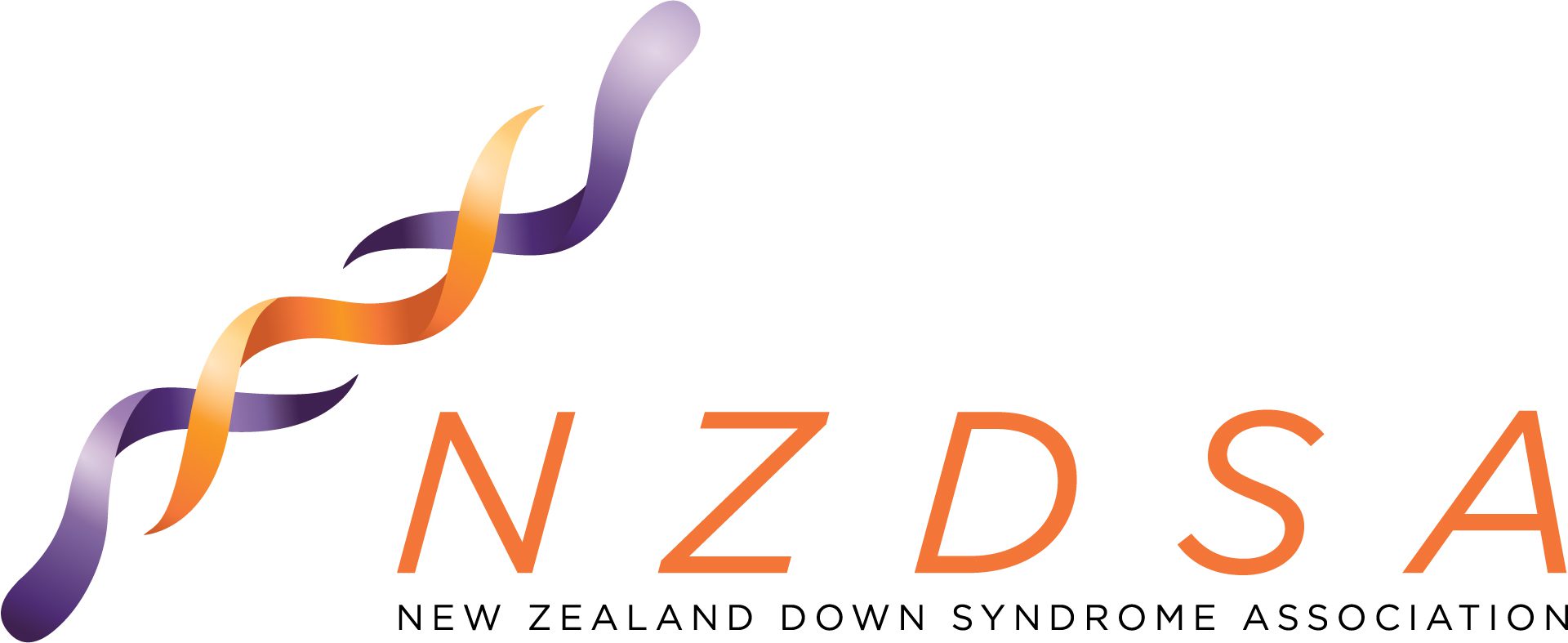Are the current speech and language therapy provisions adequate for children with Down syndrome?
Toni Severin (ACT): “I’m not 100% sure, and I’ve got to be honest with that, but I know in general, there is a shortage to get kids in, and it doesn’t matter if you have Down syndrome or are just having problems with speech. It’s just having enough people out there, which is a huge thing that we’re missing is a lot of qualified people.”
Jan Logie (Greens): “I think there should be the appropriate services for every kid in terms of being able to fully participate – so I think that means no!”
Maureen Pugh (National): “I have to be honest because I don’t know what the service looks like right now. I think the people with the best knowledge about these things are the people that work in it and use it. If we were going to make any decisions about that we would rely on the conversations happening between the users and the providers. I know that there is huge demand and probably not enough resource across all speech therapy, not just in the Down syndrome sector. We all know that more would be better, but we’ve got to be able to find better ways of providing services that don’t just keep requiring more and more money to be thrown at it when we can possibly find other ways. I will be guided by the advice of people involved in that. It’s a responsibility that we hold as policy makers to make sure that we’re not simply announcing funding for these things but we’re actually supporting the sectors to resource it.”
Priyanca Radhakrishnan (Labour): “I know that children with Down syndrome can benefit greatly from speech therapy in terms of addressing communication and swallowing delay and difficulties as well. I understand that it’s currently recognised as a skills shortage in New Zealand and that Government is working to encourage skilled SLTs from overseas to work here. The child development services provided through Whaikaha are going through an improvement programme at the moment, looking at what new funding models might be developed and what service pathways may be needed to be able to meet that demand. The shift toward Enabling Good Lives and the increased flexibility of services, will enhance the use of personal budgets for children to be able to access SLT. There is acknowledgement that things are tough in that space and demand has increased but there’s a range of things we’re doing to address it.”
How do you feel about the removal of the $5 co-payment for prescriptions?
Toni Severin (ACT): “It doesn’t add up. We do know that people are struggling to fill prescriptions. But we also know that there’s a lot of people that then pick and choose what prescriptions they do fill in general. So, it will help some but it’s about targeting the right people.”
Jan Logie (Greens): “While I’m really excited about removing prescription fees, I’m concerned there hasn’t been anything put in place to protect people’s access to Disability Allowance, Child Disability Allowance and Temporary Accommodation Service as a result of these add-ons with Work and Income, because it may mean that in effect for people and families that are impacted by our disabling society or have health needs, that it’s government giving with one hand and taking with another.”
Maureen Pugh (National): “We didn’t support it for a range of reasons. It’s not targeted, so it means that everybody has the benefit of prescription charges taken off. But the reality is that there are places now that don’t charge those $5 fees anyway. Community card holders and people who are high use, so that use $100 or more, don’t pay after that. When you’re on a high, high lot of medication, it doesn’t take long for that $100 to ramp up. But there are people who don’t mind paying that because the medication in this country, most of it is still available free of charge. We just thought that people who possibly still can afford to pay for it should be paying for it. And those in need should be the people who have that subsidy applied [to them].”
Priyanca Radhakrishnan (Labour): “That is an initiative in Budget ’23 that I’m really excited about. It sounds like a small initiative, but it’s pretty powerful. We know that in the last year 135,000 adults didn’t pick up their prescription because of the payment. This is an initiative that helps people stay healthier, then also that further downstream helps prevent additional costs to our health system, and it levels the playing field for community pharmacies as well. For disabled people, we know that because it’s often per medication rather than per script [that the $5 co-pay is applied to] it’s a cumulative saving. I am aware that through the Disability Allowance, some would have been able to access funding to cover prescription costs but that’s not everybody within the disability community. So, I do think it’s one that will particularly benefit disabled people if they are needing to access more medications.”
What should be top of mind for the Down syndrome community when it comes to the 2023 Election?
Toni Severin (ACT): “My biggest thing is for people to vote on the principles and values around the parties that they align with, and their beliefs as well. And, you know, we all want the party vote, so I’d like them to give it to ACT. But the biggest thing of all, for any group, is not go for what we call the lolly scramble policies, where different political parties will throw out titbits to try to attract you. Because, in general, what’s good for New Zealand is good for everybody.”
Jan Logie (Greens): “For me it’s about voting for a party that you believe is going to work to create the inclusive society where everyone in the whānau has the chance to thrive. Looking at what different policies there are and how they will work towards that end. I’m still a Green in terms of where we are at in the world with climate change and climate action. I don’t think we can separate those things. If we’re to be able to be settled and have hope, it’s about doing all of those things.”
Maureen Pugh (National): “My first reaction is to be really supportive of my own party of course, it is that time! But I think if anyone has any knowledge of the social investment approach that was developed by Bill English when he was Prime Minister… that is the National Party’s philosophy that we live by. We need to invest in social support, and we need to do it up front in a really considered way. So, we see that when we talk about social investment for our young people who are finding themselves in trouble. We’ve announced military-style academies because a lot of these kids now are leaving school unable to read and write. We need intensive wrap-around care for them, so they come out being able to make meaningful contributions to society in terms of their own families, their workplace because they need to be in work, and also their community. So, when people are voting they need to look behind the short-term lolly-scrambles that happen and look at the long-term, not only for individuals and communities, but New Zealand as a whole. More than any other time in history we can look at this at how we are pulling apart at the seams at the moment. There has never been a more important time to think about how we stitch ourselves back together as communities and as a nation. And hopefully when people are making their choices, they share that philosophy.”
Priyanca Radhakrishnan (Labour): “At the start of this conversation Sarah you mentioned Easy Read voting guides, to enable people to participate and exercise their democratic right to vote, and I think that’s exactly what everyone should be mindful of, or aware of, that they have a right to vote and that this is how our democracy is strengthened. The other things I would say is that we’ve taken a number of steps towards ensuring disability communities have greater choice and control over their decision making but there’s still so much more we need to do in that space and working towards a society that is inclusive. There is political will to do that and I would encourage everyone to bear that in mind as they vote.”

